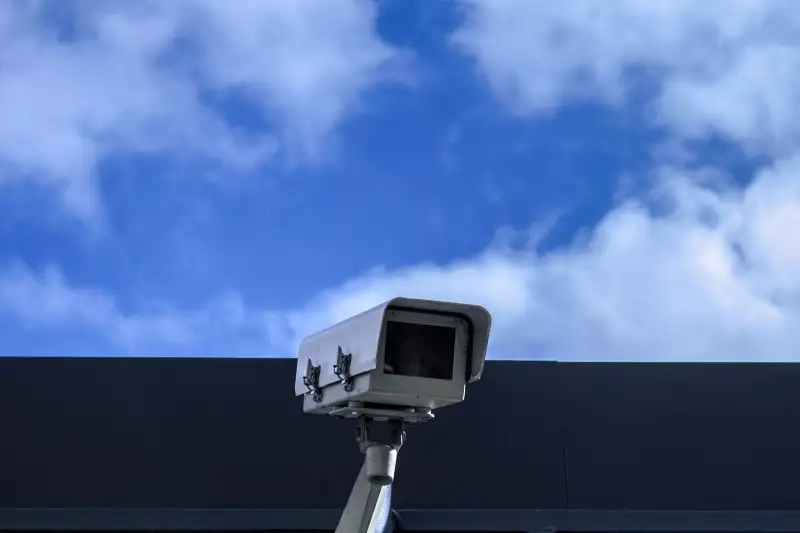In recent years, the concept of a panoptic society has gained increasing attention. Coined by philosopher Jeremy Bentham in the late 18th century, the panopticon is a theoretical prison design where inmates are constantly under surveillance, leading to self-regulation and control. While the panoptic society may not be a physical reality, the United Kingdom has been subject to scrutiny for its extensive surveillance measures, leading some to argue that it resembles a panoptic society. In this article, we will explore the reasons why the UK has been labeled as a panoptic society.
The Rise of CCTV Surveillance
One of the primary reasons why the UK is often seen as a panoptic society is its extensive use of closed-circuit television (CCTV) surveillance. The country boasts one of the highest numbers of CCTV cameras per capita in the world. From city centers to public transport, CCTV cameras are ubiquitous, constantly monitoring and recording the movements of individuals. The presence of these cameras creates a sense of constant surveillance, leading to self-consciousness and self-regulation among the population.
Legislation and Regulation
Another factor contributing to the perception of the UK as a panoptic society is the legislation and regulation surrounding surveillance. The UK has enacted several laws that grant authorities broad powers to monitor and collect data. The Regulation of Investigatory Powers Act (RIPA) allows government agencies to intercept communications, access personal data, and conduct covert surveillance. The Investigatory Powers Act 2016 further expanded these powers, granting intelligence agencies the authority to collect and analyze online communications. These laws have raised concerns about the potential abuse of surveillance powers and the erosion of individual privacy.
Mass Data Collection
The widespread collection of data by both government agencies and private companies is another aspect contributing to the perception of the UK as a panoptic society. The UK has a vast network of databases that store various types of personal information, including biometric data, travel records, and financial transactions. The use of this data for surveillance purposes raises questions about the extent of individual autonomy and the potential for misuse. Critics argue that such extensive data collection creates a society where individuals are constantly monitored and controlled.
Social Media and Online Surveillance
In the digital age, social media and online platforms have become integral parts of our lives. However, they also serve as tools for surveillance. The UK government and intelligence agencies have been known to monitor social media platforms and online communications to identify potential security threats. This monitoring has raised concerns about the impact on freedom of expression and the right to privacy. The constant surveillance of online activities contributes to the perception of the UK as a panoptic society, where individuals are always under scrutiny.
Public Acceptance and Normalization
Perhaps one of the most significant reasons why the UK is seen as a panoptic society is the public’s acceptance and normalization of surveillance. Over time, the presence of CCTV cameras and other surveillance measures has become a common part of daily life. The public has become desensitized to the constant monitoring, accepting it as a necessary trade-off for security. This normalization of surveillance leads to self-regulation and conformity, resembling the panoptic model where individuals internalize the gaze of authority.
The Impact on Individual Freedom
While the UK’s extensive surveillance measures may be justified in the name of national security, they undoubtedly have an impact on individual freedom. The constant surveillance and the potential for abuse of surveillance powers raise concerns about the erosion of privacy and the chilling effect on free expression. The panoptic society, whether fully realized or not, creates an environment where individuals are constantly aware of being watched, leading to self-censorship and conformity.
In conclusion, the UK’s extensive surveillance measures, including the widespread use of CCTV cameras, legislation and regulation surrounding surveillance, mass data collection, online surveillance, and public acceptance, contribute to the perception of the country as a panoptic society. While the panoptic society may be a theoretical concept, the concerns raised by the UK’s surveillance practices highlight the delicate balance between security and individual freedom.





